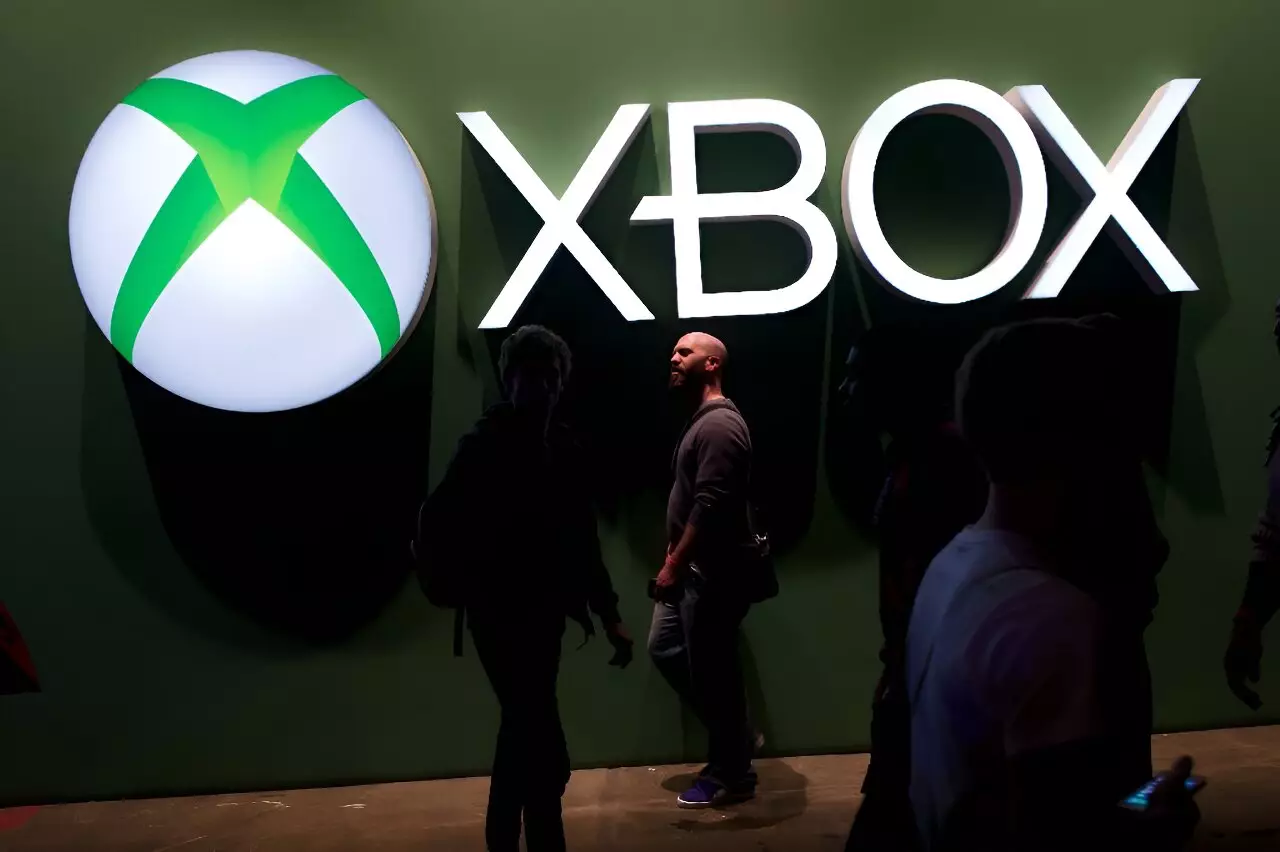In a surprising yet not entirely unexpected move, Microsoft has announced the reduction of approximately 650 positions within its gaming division. This decision follows the monumental acquisition of Activision Blizzard, the mastermind behind the “Call of Duty” franchise, a deal valued at a staggering $69 billion. As the gaming landscape continues to evolve, the consolidation of resources appears to be a significant strategy for Microsoft, aiming to reorganize its operations for sustainable growth. Phil Spencer, head of Microsoft Gaming, addressed these changes in a memo to employees, admitting the difficulty of such transitions and emphasizing the company’s commitment to long-term objectives.
The layoffs at Microsoft Gaming reflect a broader trend within the video game industry, which has seen substantial workforce reductions across various companies. Recently, Sony Interactive Entertainment’s studio, Bungie, announced its own cutbacks, with 220 individuals laid off. Such developments raise concerns about job security and the wellbeing of professionals in a sector that has traditionally been regarded as a haven for creativity and innovation. Samuel Cooper, a senior producer for World of Warcraft and a member of the Communications Workers of America (CWA) union, expressed disappointment over these layoffs, characterizing the trend as “heartless.” This statement captures the growing disillusionment within the gaming community regarding employment stability.
While the layoffs are undeniably troubling for those directly affected, Microsoft asserts that no games or development projects will be canceled as a result of these adjustments. This assurance aims to quell fears about the operational capacity of Xbox and its related ventures. Spencer indicated that the company is focused on establishing a “sustainable cost structure” to enhance its gaming business, which boasts a workforce of 22,000. The drive to identify overlapping roles signifies a strategic realignment rather than a retreat from the ambitious growth objectives set forth during the Activision Blizzard acquisition.
The larger context surrounding these layoffs cannot be understated. In the previous year alone, the tech sector experienced a staggering loss of 260,000 jobs, according to data tracked by layoffs.fyi. This year, the numbers are equally concerning, with 136,360 layoffs reported across 435 tech firms. As developers and engineers grapple with uncertainty, the question arises: what does this mean for the future of innovation in the industry? If companies continue to prioritize financial consolidation over workforce stability, the creative potential that drives the gaming sector may be severely hampered.
Microsoft’s latest job cuts are emblematic of a transitional phase in the gaming and tech industries, characterized by significant acquisitions and a quest for operational efficiency. While the news is disheartening for those losing their jobs, the company seeks to reassure stakeholders of its commitment to growth in a rapidly changing market. The broader trend of layoffs raises important questions about the industry’s future trajectory, challenging the balance between sustainable business practices and the nurturing of creative talent. As professionals navigate this tumultuous landscape, the hope remains that the industry can recover and innovate in ways that benefit both workers and gamers alike.


Leave a Reply
You must be logged in to post a comment.